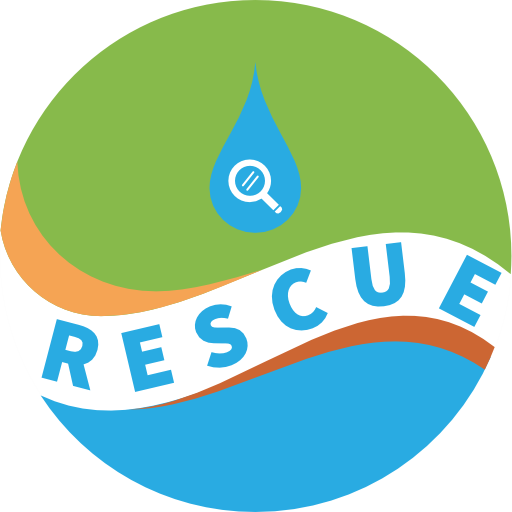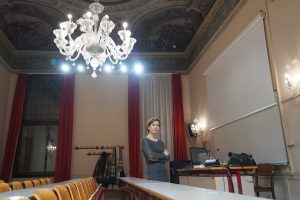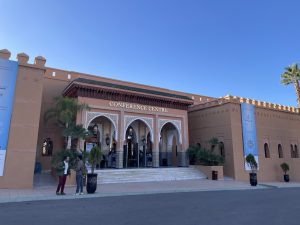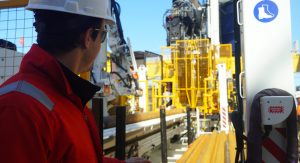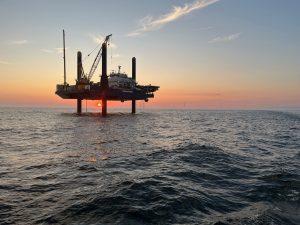This year’s Congress in Padova, Italy, jointly held by the two main Italian Societies in Earth Sciences (the Italian Society of Mineralogy and Petrology – la Società Italiana di Mineralogia e Petrologia (SIMP) and the Italian Geological Society – la Società Geologica Italiana (SGI) focused on “Geosciences and the challenges of the 21st century”, and was held from 16-18 September 2025.
With the participation of over 1100 Italian and international experts, the event provides an opportune occasion to promote dialogue between research bodies, institutions and civil society.
Angelo Camerlenghi, Research Director in the Geophysics Section of the National Institute of Oceanography and Applied Geophysics – OGS, which is a partner in the three year-long Project RESources in Coastal groundwater Under hydroclimatic Extremes (RESCUE), funded by the Water 4 All Partnership and the European Union, was present as a representative of the International Ocean Drilling Programme (IODP-Italy), but had the opportunity to discuss RESCUE. The official RESCUE website has already featured news on the IODP3 through Expedition 501, which also included RESCUE researcher Cristina Corradin, and can be read here.
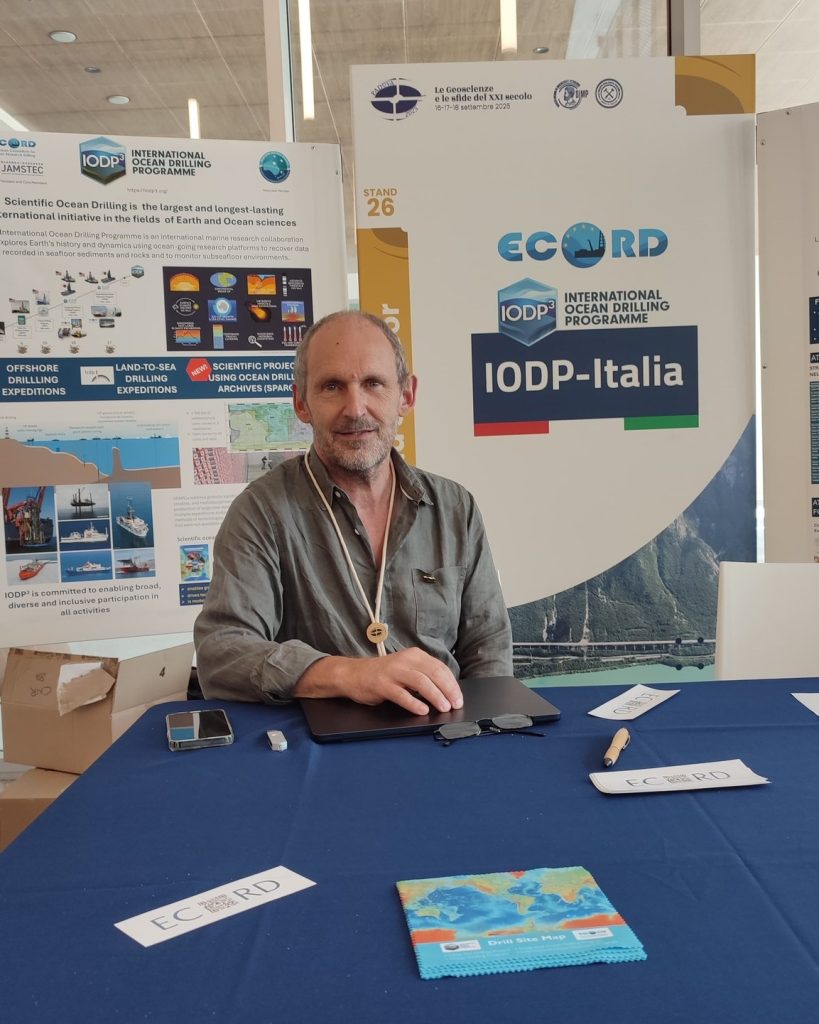
Above and below: Angelo Camerlenghi
The Congress addresses the fundamental role of Earth Sciences in responding to the great challenges of the 21st century: climate change, sustainable access to vital resources such as water, food, energy and raw materials, in the context of increasing global demographic pressure.
These topics are closely connected to RESCUE, which began in March 2024 and ends in 2027, and aims to build knowledge on offshore and deep onshore low salinity aquifers in European coastal areas, to evaluate novel freshwater resources, and help secure a steady supply of water to both population and industry, in times of hydroclimatic extremes.
Led by the University of Trieste (UNITS), the consortium also includes Ruden AS, University of Derby (UoD) and University of Malta (UM). RESCUE’s objective is to help establish the foundations for the evaluation of new resources for local and regional policy makers, while the global applicability of the outputs will allow upscaling to Europe-wide or other large areas worldwide, where water is needed.
